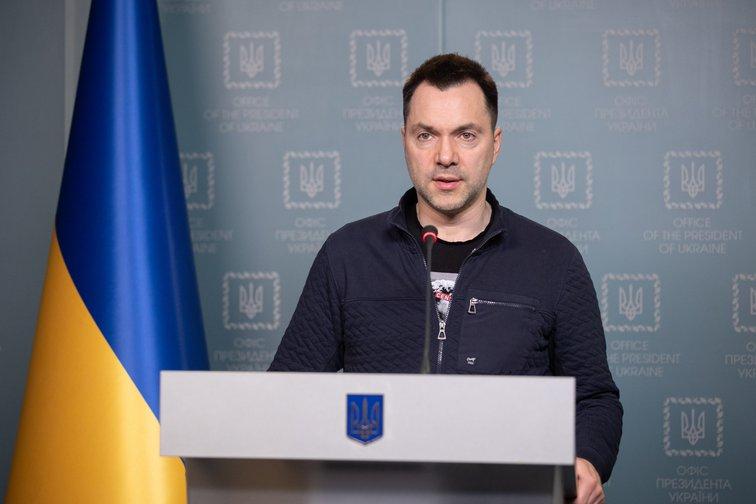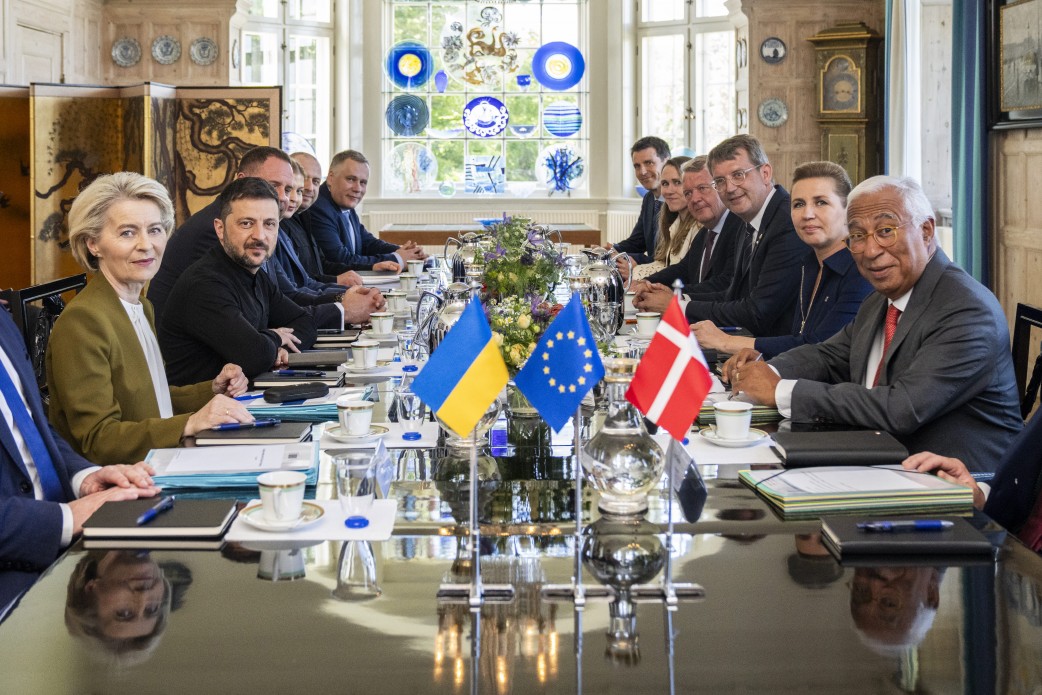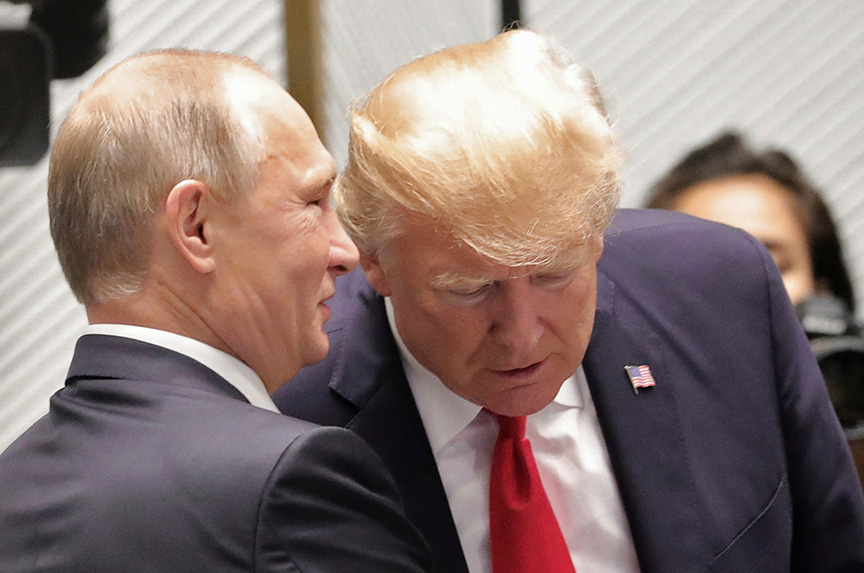From 1896 to 1918, Bunin came to Odessa annually. Here Bunin worked on many poetry and prose. Bunin himself considered Dark Avenues to be one of his best works. The stories have been adapted to the screen and stage many times, and are part of the curriculum in schools. The first story from the collection was published in New York in 1938, and the rest were written in Paris during World War II.Â
In the cold, foul weather of autumn, on one of Tula’s highways, flooded by rains and indented with many black ruts, up to a long hut with a government posting station in one wing and private living quarters where one could rest or spend the night, have dinner or ask for the samovar in the other, there drove a tarantass, bespattered with mud and with its top half-raised, pulled by three quite ordinary horses with their tails tied up out of the slush. On the box of the tarantass sat a sturdy peasant in a tightly belted, heavy cloth coat, serious and dark-faced, with a sparse, jet-black beard, looking like a robber of old, and inside the tarantass sat a svelte old military man in a large peaked cap and a grey greatcoat with an upright beaver collar of Nicholas I’s time, still black-browed, but with white whiskers which joined up with similar sideburns; his chin was shaved, and his appearance as a whole bore that resemblance to Alexander II which was so prevalent among military men at the time of his reign; his gaze was both enquiring, stern and at the same time weary.
When the horses came to a halt, he threw a leg in a level-topped military boot out of the tarantass and, holding back the skirts of the greatcoat with suede-gloved hands, ran up onto the porch of the hut.
“To the left, Your Excellency,†the coachman cried out rudely from the box and, stooping slightly on the threshold because of his height, the man went into the little entrance hall, then to the left into the living quarters.
The living quarters were warm, dry and tidy: there was a new, goldcoloured icon in the left-hand corner, beneath it a table covered with a clean, unbleached tablecloth, and at the table there were benches, scrubbed clean; the kitchen stove, occupying the far right-hand corner, was newly white with chalk; nearer stood something like an ottoman, covered with mottled rugs, with its folding end resting against the side of the stove; from behind the stove door came the sweet smell of cabbage soup – cabbage boiled down until soft, beef and bay leaves.
The new arrival threw his greatcoat down on a bench and proved to be still more svelte in just his dress uniform and long boots; then he took off the gloves and cap, and with a weary air ran a pale, thin hand over his head – his grey hair, combed down on his temples towards the corners of his eyes, was slightly curling; his attractive, elongated face with dark eyes retained here and there minor traces of smallpox. There was nobody in the living quarters and, opening the door into the entrance hall a little, he cried out in an unfriendly way:
“Hey, anybody there?â€
Immediately thereafter into the living quarters came a dark-haired woman, also black-browed and also still unusually attractive for her age, looking like an elderly gypsy, with dark down on her upper lip and alongside her cheeks, light on her feet, but plump, with large breasts under her red blouse and a triangular stomach like a goose’s under her black woollen skirt.
“Welcome, Your Excellency,†she said. “Would you be wanting to eat, or would you like the samovar?â€
The new arrival threw a cursory glance at her rounded shoulders and light feet in worn, red Tatar slippers, and curtly, inattentively replied:
“The samovar. Are you the mistress here or a servant?â€
“The mistress, Your Excellency.â€
“The place is yours then?â€
“Yes, sir. Mine.â€
“How’s that, then? A widow, are you, that you run things yourself?â€
“Not a widow, Your Excellency, but you do have to make a living. And I like being in charge.â€
“Right, right. That’s good. And how clean and pleasant you have it.â€
The woman was all the time looking at him searchingly, with her eyes slightly narrowed.
“I like cleanliness too,†she replied. “I grew up with gentlefolk, after all, so how could I fail to know how to keep myself respectable, Nikolai Alexeyevich?â€
He straightened up quickly, opened his eyes wide and blushed.
“Nadezhda! Is it you?†he said hurriedly.
“It’s me, Nikolai Alexeyevich,†she replied.
“My God, my God!†he said, sitting down on a bench and staring straight at her. “Who could have thought it! How many years since we last saw one another? About thirty-five?â€
“Thirty, Nikolai Alexeyevich. I’m forty-eight now, and you’re getting on for sixty, I think.â€
“Something like that… My God, how strange!â€
“What’s strange, sir?â€
“But everything, everything… How can you not understand!â€
His weariness and absent-mindedness had vanished; he stood up and began walking decisively around the room, gazing at the floor. Then he stopped and, blushing through his grey hair, began to speak:
“I know nothing about you from that time on. How did you end up here? Why didn’t you stay with your owners?â€
“Soon after you, my owners gave me my freedom.â€
“And where did you live afterwards?â€
“It’s a long story, sir.â€
“You weren’t married, you say?â€
“No, I wasn’t.â€
“Why? With the sort of beauty that you had?â€
“I couldn’t do it.â€
“Why not? What do you mean?â€
“What is there to explain? You probably remember how I loved you.â€
He blushed to the point of tears and, with a frown, again began his pacing.
“Everything passes, my friend,†he began mumbling. “Love, youth – everything, everything. The ordinary, vulgar story. Everything passes with the years. How does the Book of Job put it? ‘Thou shalt remember it as waters that pass away’.â€
“God treats people differently, Nikolai Alexeyevich. Youth passes for everyone, but love’s a different matter.â€
He raised his head and, stopping, gave a painful grin:
“But I mean, you couldn’t have loved me all your life!â€
“But I could. However much time passed, I kept on living for the one thing. I knew the former you was long gone, that for you it was as if there had never even been anything, but then… It’s too late for reproaches now, but you know, it’s true, you did abandon me ever so heartlessly – how many times did I want to lay hands upon myself out of hurt alone, not even to mention everything else. There was a time, after all, Nikolai Alexeyevich, when I called you Nikolenka, and you called me – do you remember what? And you were good enough to keep on reciting me poetry about various ‘dark avenues’,†she added with an unfriendly smile.
“Ah, how good-looking you were!†he said, shaking his head. “How ardent, how beautiful! What a figure, what eyes! Do you remember how everyone used to stare at you?â€
“I do, sir. You were extremely good-looking too. And you know, it was you I gave my beauty to, my ardour. How on earth can such a thing be forgotten?â€
“Ah! Everything passes. Everything gets forgotten.â€
“Everything passes, but not everything gets forgotten.â€
“Go away,†he said, turning and going up to the window. “Please, go away.â€
And taking out a handkerchief and pressing it to his eyes, speaking rapidly he added:
“If only God can forgive me. For you, evidently, have forgiven me.â€
She went up to the door and paused:
“No, Nikolai Alexeyevich, I haven’t. Since our conversation has touched upon our feelings, I’ll tell you straight: I never could forgive you. Just as there was nothing on earth dearer to me at that time than you, so was there nothing afterwards either. And that’s why I can’t forgive you. Well, but what sense is there in remembering, the dead don’t get brought back from the graveyard.â€
“No, that’s right, there’s no point, order the horses to be brought up,†he replied, moving away from the window with a face already stern. “I’ll tell you one thing: I’ve never been happy in life, please don’t think that. I’m sorry that I may be wounding your pride, but I’ll tell you frankly – I was madly in love with my wife. But she was unfaithful, and abandoned me even more insultingly than I did you. I adored my son – while he was growing, what hopes did I not place on him! But he turned out a good-for-nothing, a spendthrift, insolent, without a heart, without honour, without a conscience… However, all that is the most ordinary, vulgar story too. Keep well, dear friend. I think I too lost in you the dearest thing I had in life.â€
She went up to him and kissed his hand, and he kissed hers.
“Order the horses…â€
When they had set off on their way, he thought gloomily: “Yes, how delightful she was! Magically beautiful!†He remembered with shame his final words and the fact that he had kissed her hand, and was immediately ashamed of his shame. “Isn’t it the truth, then, that she gave me the best moments of my life?â€
Close to setting, a pale sun had peeped out. The coachman drove at a trot[9], ever shifting from one black rut to another, choosing the less muddy ones, and thinking about something too. Finally he said with serious rudeness:
“She kept on looking out of the window, Your Excellency, as we were leaving. You’ve probably been good enough to know her a long time?â€
“A long time, Klim.â€
“That woman’s got her head on her shoulders. And they say she keeps on getting richer. She lends money on interest.â€
“That doesn’t mean anything.â€
“What do you mean, it doesn’t! Who doesn’t want to live a bit better! If you lend with a conscience, there’s nothing much wrong with that. And they say she’s fair on that score. But she’s a harsh one! If you haven’t repaid on time, you’ve only yourself to blame.â€
“Yes, that’s right, you’ve only yourself to blame… Keep driving on, please, I’m afraid we might miss the train…â€
The low sun shone yellow on the empty fields, the horses splashed steadily through the puddles. He gazed at the fleetingly glimpsed horseshoes, his black brows knitted, and thought:
“Yes, you’ve only yourself to blame. Yes, of course they were the best moments. And not merely the best, but truly magical! ‘All round the scarlet dog rose bloomed, the avenues of dark limes stood…’ But my God, what would have happened later on? What if I hadn’t abandoned her? What nonsense! This Nadezhda, not the keeper of a lodging house, but my wife, the mistress of my house in St Petersburg, the mother of my children?â€
And closing his eyes, he shook his head.
20th October 1938
Translation Copyriht © Hugh Aplin, 2008





















